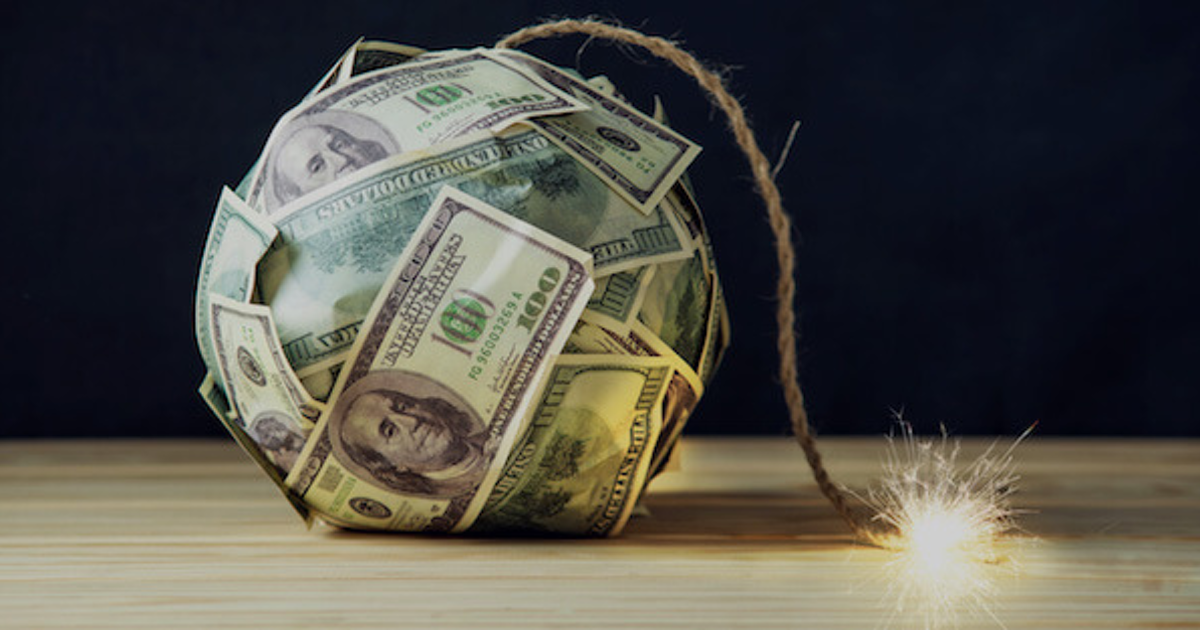|
By Ron Paul
Some Federal Reserve officials are calling for tougher banking regulations in order to prevent the Fed’s low interest rate policy from leading investors to take “excessive” risks that will create asset bubbles. The Fed is understandably worried that these bubbles will burst leading to another market meltdown. However, the boom-and-bust cycle will not end because regulators stop investors from taking “excessive” risks. Almost every bubble and economic downturn America has experienced over the past 107 years was caused by the Federal Reserve’s manipulation of the money supply. The Federal Reserve’s actions artificially lower interest rates, thus distorting the signals sent by the rates, which are the price of money. Artificially low interest rates cause investments to be made in projects that are not supported by the real underlying market conditions. This results in a boom, inevitably followed by a crash, then by a new round of money creation and government bailouts restarting the cycle. Increased regulations will not just fail to head off the next crash, they will make the next recession worse. Federal regulators are not capable of determining what is “excessive” risk. Instead, that determination is best left to market participants. Regulators are subject to having the same Fed-induced distorted view of the marketplace as nearly everyone else. Thus, regulators may mistake a growing asset bubble as a thriving sector of the economy that will serve as a long-term source of growth. This is especially the case if, as with the housing bubble, government policies such as the Community Reinvestment Act encourage the malinvestments. Also, regulators may impede the growth of businesses that are actually responding to real economic conditions instead of Fed-created illusions. Support among the people, if not among the financial and political elites, for auditing and even ending the Fed, as well as for cryptocurrencies and precious metals, suggests we may soon reach what Ludwig von Mises referred to as the “crack-up.” The crack-up occurs when enough people realize that continuous expanding of the money supply, and the accompanying decline in a currency’s purchasing power, is a feature of central banking. Therefore, they spend their money as soon as they get it, accelerating the rise of hyperinflation. Concerns over the effects of the US government’s debt, the precarious American economic condition, and growing resentment of US foreign policy have led to a decline in the dollar’s international value. Eventually, these factors will lead to a rejection of the dollar’s world reserve currency status. Rejection of the dollar’s reserve currency status abroad and the crack-up at home will cause an economic meltdown worse than the Great Depression. Among the problems this will lead to is increased violence as some Americans who believe they are entitled to live off the stolen property of others cut out the government middleman and start stealing from their fellow citizens. The only way to avoid this fate is to spread the ideas of liberty among the people. A strong liberty movement that can pressure politicians to cut spending, audit and end the Fed, legalize competing currencies, and stop promoting divisive identity politics is the key to peacefully transitioning away from the Keynesian welfare-warfare state to a free society. Comments are closed.
|
Archives
July 2024
|


 RSS Feed
RSS Feed



